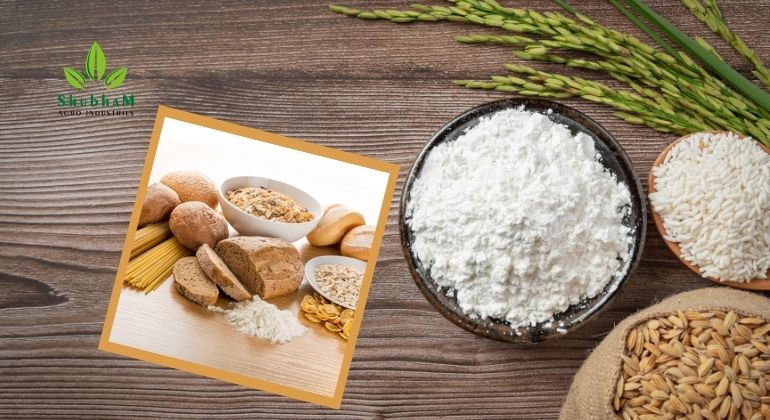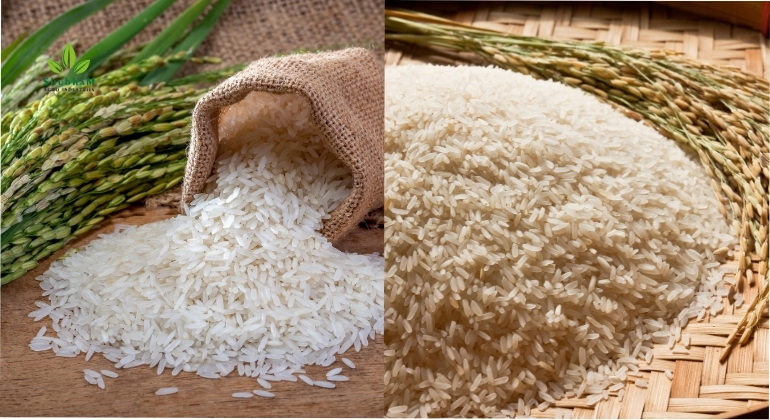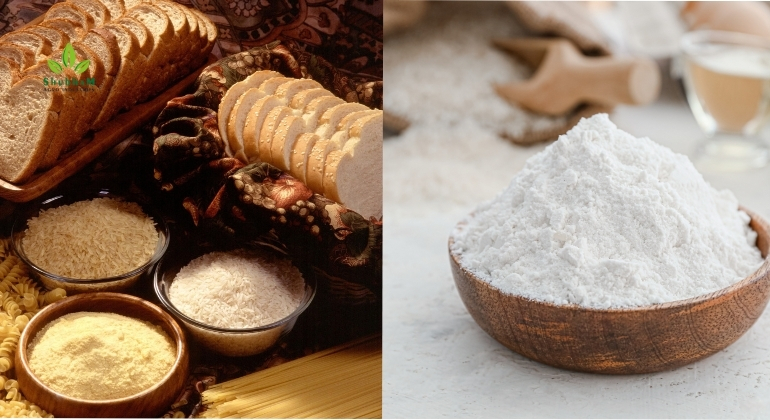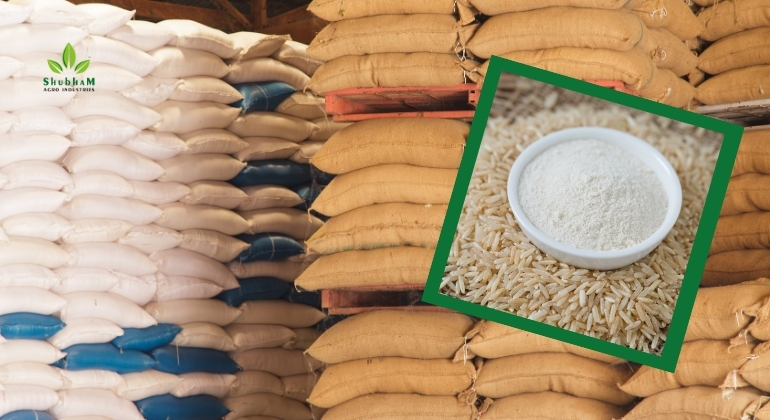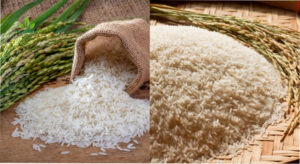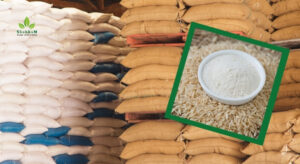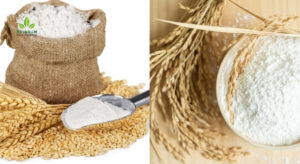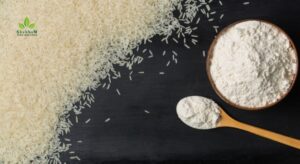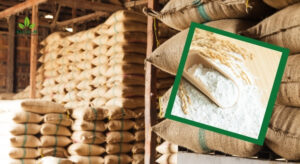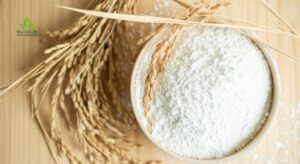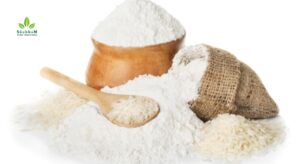Gluten Rice Flour Manufacturers in India
Indian organic rice flour has become a popular and environmentally responsible product at a time when health-conscious consumers are looking for organic and sustainable alternatives. India is a centre for organic farming methods and is home to a burgeoning community of producers and manufacturers of organic rice flour who are committed to creating high-end, environmentally friendly goods. We’ll delve into the world of Indian organic rice flour in this blog article, spotlighting the forward-thinking producers and suppliers who are influencing the future of sustainable food production.
The Rise of Organic Rice Flour in India
As consumers place a higher priority on their health and the environment, organic rice flour is becoming more popular. Several important elements that contribute to its expansion include:
- Sustainable Farming: Rice that has been grown using sustainable and ecologically friendly methods is the source of organic rice flour. Biodiversity, soil health, and farming without chemicals are valued by organic farmers.
- Health Benefits: Because it doesn’t include artificial pesticides or chemical fertilisers, organic rice flour is a healthier option for consumers. In comparison to rice that is grown normally, it also preserves more nutrients and natural flavours.
- Eco-Friendly Packaging: In order to reduce plastic waste and the environmental impact of their products, several Indian producers and suppliers of organic rice flour are switching to environmentally friendly packaging.
- International Recognition: Indian organic rice flour has become well-known on a global scale thanks to its high quality and environmentally friendly manufacturing processes. As a result, demand on global markets has soared.
The Role of Indian Organic Rice Flour Manufacturers
Indian organic rice flour manufacturers play a crucial role in promoting organic farming and sustainable food production. Their practices reflect a commitment to quality, purity, and environmental responsibility. Here’s how they make a difference:
- Sustainable Farming Practices: Manufacturers of organic rice flour follow rigorous organic cultivation procedures. Instead of using artificial pesticides and fertilisers, they choose organic substitutes that are better for the environment and the soil.
- Quality Control: Quality assurance is a top priority for manufacturers at every stage, from seed selection to harvest and processing. They make sure the rice flour is clean and devoid of any chemical residue.
- Traditional Knowledge: Many producers of organic rice flour use the traditional farming methods that have been passed down through the years. They can cultivate rice in harmony with nature thanks to their wisdom.
- Community Support: These businesses frequently collaborate closely with neighbourhood organisations, paying employees fairly and supporting organic farming. They actively aid in the development of rural areas.
- Certifications: To ensure that their products adhere to global organic standards, Indian producers of organic rice flour frequently get organic certificates.
The Vital Role of Organic Rice Flour Suppliers
Organic rice flour suppliers bridge the gap between manufacturers and consumers, making organic products more accessible. Their contributions to the organic food industry are noteworthy:
- Distribution Networks: In order to ensure that organic rice flour reaches a larger consumer base, including merchants, restaurants, and home cooks, suppliers set up effective distribution networks.
- Global Reach: Many vendors ship organic rice flour from India to foreign markets, making it accessible to a large worldwide market looking for healthy and environmentally responsible substitutes.
- Collaboration with Manufacturers: Manufacturers of organic rice flour and suppliers frequently work together to guarantee a smooth supply chain. The purity of organic products is maintained thanks to this partnership.
- Market Education: Suppliers of organic rice flour inform customers and businesses about the advantages of organic goods, increasing demand and awareness.
- Eco-Friendly Packaging: Like manufacturers, many suppliers are embracing more environmentally friendly packaging options to lessen the impact of their business operations.
Benefits of Indian Organic Rice Flour
With Indian organic rice flour, consumers and the environment stand to gain a number of advantages:
- Healthier Choice: For those worried about pesticide residues in their diet, organic rice flour is a healthier alternative because it is free of synthetic chemicals.
- Sustainable Agriculture: The creation of organic rice flour fosters conservation-minded farming methods that nourish the soil and advance biodiversity.
- Nutrient Retention: Rice flour produced using organic farming practices frequently has a greater nutritional retention rate and a more natural flavour.
- Environmental Stewardship: By decreasing the use of synthetic chemicals and fostering environmentally friendly behaviours, choosing organic products helps to ensure environmental sustainability.
- Community Support: Customers who buy Indian organic rice flour are also promoting fair labour practices and rural areas.
Conclusion
Indian producers and distributors of organic rice flour are key players in the global push for organic foods. Thanks to their dedication to sustainable agriculture, quality control, and packaging, consumers have access to healthful and ecologically responsible food options. With the world searching for healthier and more sustainable solutions, Indian organic rice flour is in a prime position to play a significant role in feeding people and safeguarding the environment. It demonstrates how organic farming can help create a better, more sustainable future for all.
